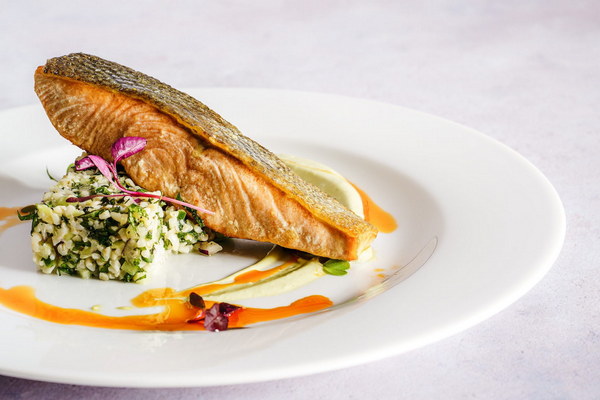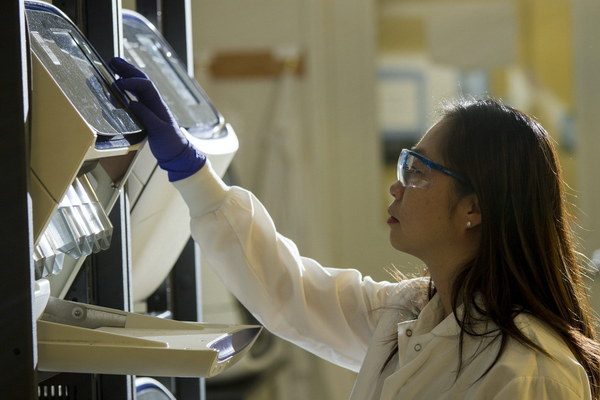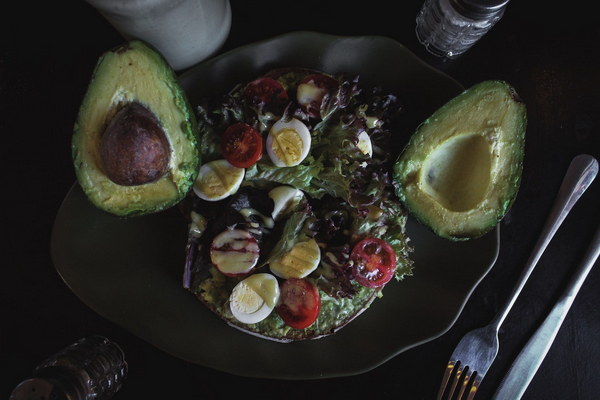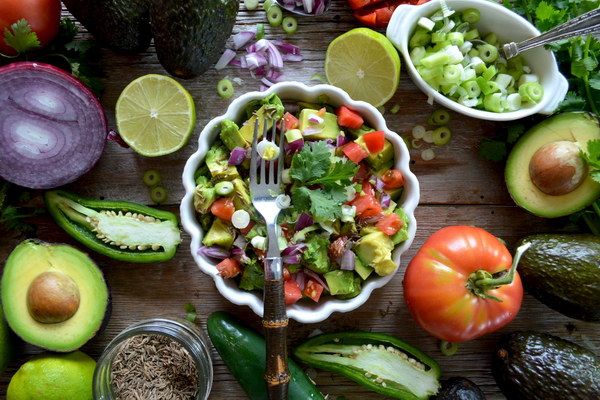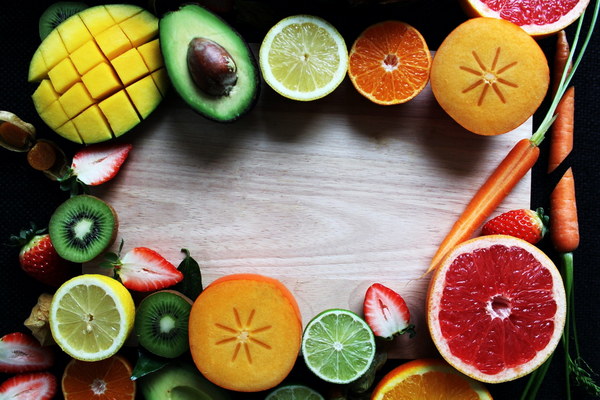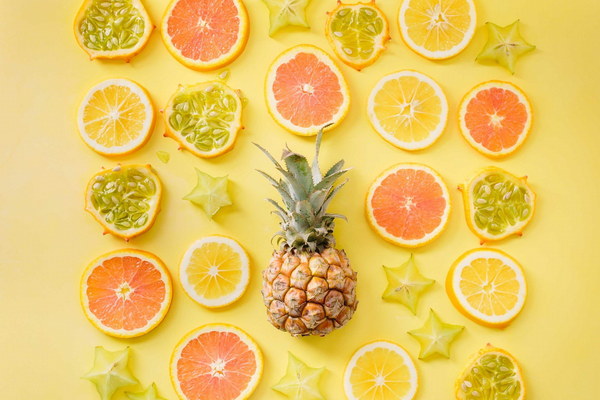The Ancient Art of Qin Jie's Liver Protection A Modern Guide to Traditional Chinese Remedies
In the heart of traditional Chinese medicine, there lies a wealth of knowledge that has stood the test of time. One such gem is the practice of Qin Jie, an ancient method known for its liver-protecting properties. In this article, we delve into the origins, benefits, and practical applications of Qin Jie, offering a modern guide to harnessing the wisdom of the past for better liver health.
The Essence of Qin Jie
Qin Jie, translated as Bupleurum Liver Clearing, is a therapeutic approach deeply rooted in the principles of Traditional Chinese Medicine (TCM). It revolves around the idea that the liver plays a crucial role in the body's physiological balance, particularly in the regulation of emotions and detoxification processes. The practice aims to support liver function, alleviate symptoms of liver-related disorders, and enhance overall well-being.
Historical Roots
The origins of Qin Jie can be traced back to the Shang Han Za Bing Lun, an ancient medical text compiled by Zhang Zhongjing during the Eastern Han Dynasty (25-220 AD). This text laid the foundation for TCM and introduced a wide array of therapeutic strategies, including those involving Bupleurum (Chai Hu), one of the key herbs in Qin Jie.
Key Components of Qin Jie
The core of Qin Jie therapy involves the use of Bupleurum, along with other herbs that are believed to enhance liver function and alleviate associated symptoms. Some of the key herbs include:
- Bupleurum (Chai Hu): Known for its liver-clearing and anti-inflammatory properties.
- Scutellaria Baicalensis (Huang Qin): Renowned for its cooling and anti-inflammatory effects.
- Cynanchum Bungei (Long Dan Cao): Often used to support the liver and reduce anxiety.
- Glycyrrhiza uralensis (Gan Cao): Known for its ability to balance the other herbs and reduce side effects.
Benefits of Qin Jie
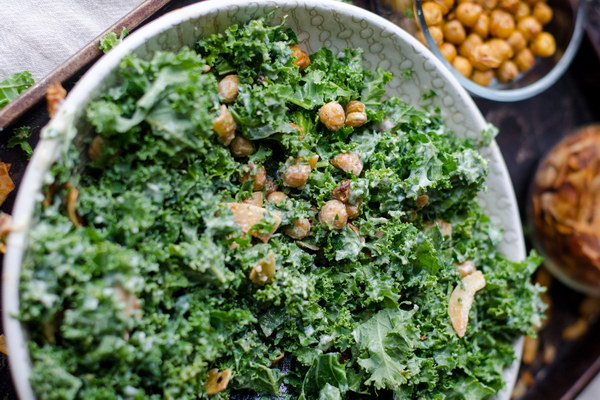
The practice of Qin Jie offers a multitude of benefits, some of which include:
1. Liver Detoxification: Helps in the removal of toxins from the liver, thereby improving its overall function.
2. Stress Relief: Supports emotional balance and reduces the negative impact of stress on the liver.
3. Improved Digestion: Enhances the digestive process, which is closely linked to liver health.
4. Enhanced Immune System: The liver is a major player in the body's immune response, and Qin Jie can help bolster this function.
Modern Applications
In today's fast-paced world, where liver health is often compromised by environmental toxins, poor diet, and stress, Qin Jie offers a natural and holistic approach to maintaining liver health. Here are some modern applications:
1. Supporting Liver Function: For those suffering from conditions like hepatitis, cirrhosis, or fatty liver disease, Qin Jie can be a complementary therapy to support liver function.
2. Preventative Care: Individuals looking to maintain optimal liver health can incorporate Qin Jie into their wellness routine to prevent liver-related issues.
3. Wellness Programs: Incorporating Qin Jie into corporate wellness programs or community health initiatives can promote liver health on a broader scale.
Conclusion
Qin Jie stands as a testament to the enduring wisdom of Traditional Chinese Medicine. By harnessing the power of natural herbs, this ancient practice offers a holistic approach to liver health that is both effective and safe. As modern research continues to uncover the benefits of TCM, Qin Jie remains a vital tool in the quest for well-being, reminding us that some of the most profound health solutions may lie in the pages of ancient texts.
